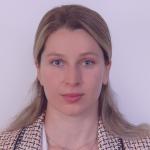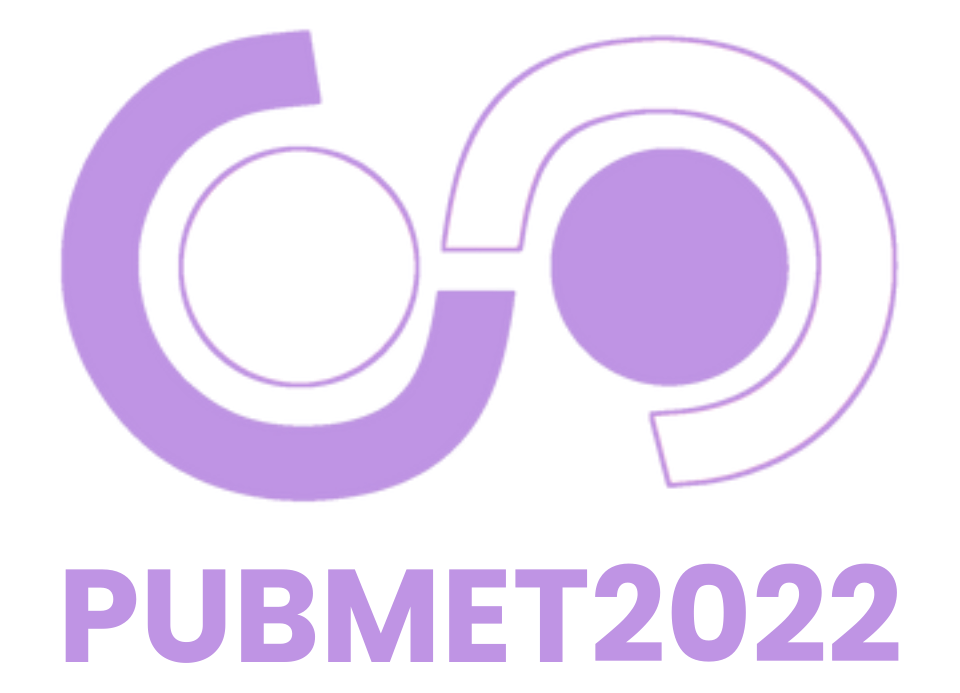Publication integrity viewed from different perspectives: a focus group study

Publication and communication of research findings are important for the development of science since future scientific work relies on and builds upon previous findings. However, this is not possible if researchers cannot trust the published work or if principles of research integrity are not implemented in all phases of the research process, including the publication of research results (ALLEA 2017, NASEM 2017). This study aimed to explore the authorship and publication practices existing across different disciplinary fields, as well as to identify areas related to the publication of research findings that require improvements. We used a purposive sample strategy to recruit researchers from different disciplinary fields (humanities, social sciences, natural sciences, and medical sciences), different levels of seniority, and geographical locations. We conducted 30 focus groups with 174 researchers and other stakeholders from 8 European countries (Belgium, Croatia, Denmark, Germany, Greece, Italy, Spain, and the Netherlands). The data will be analyzed using the thematic analysis approach and a thematic map with themes and sub-themes will be developed. Currently, we are in the process of analyzing the data using the NVivo software (QSR International). Some of the codes and sub-codes already identified are: 1) authorship distribution (authorship statement/plan; disciplinary field/country specifics and differences regarding authorship distribution/practices, ethical issues in authorship, handling authorship disputes); 2) authorship, publications, and academic career (stakeholders’ evaluation of authorship and publications); 3) research publication and dissemination (examples of good publication practices, examples of issues related to publication process); 4) peer review (good peer review practices, poor peer review practices); 5) open science (perceptions on open science; open access, open data, open collaboration, and reproducible research). One possible limitation of our study, taking into account that publication practices differ significantly in different settings (countries, fields, etc.), could be that the knowledge obtained could not be generalized and applied globally since we included participants only from the European countries. However, we believe that by including a large number of participants from different European countries, we managed to map publication practices existing in the European area and obtain knowledge on what should be improved and how to foster good publication practices by European researchers.
Rea Roje
University of Split School of Medicine
Split, Croatia
ORCID ID: 0000-0002-0118-3115Ivan Buljan
University of Split School of Medicine
Split, Croatia
ORCID ID: 0000-0002-8719-7277Joeri Tijdink
Amsterdam UMC, Vrije Universitet Amsterdam
Amsterdam, the Netherlands
ORCID ID: 0000-0002-1826-2274Ana Marušić
University of Split School of Medicine
Split, Croatia
ORCID ID: 0000-0001-6272-0917

